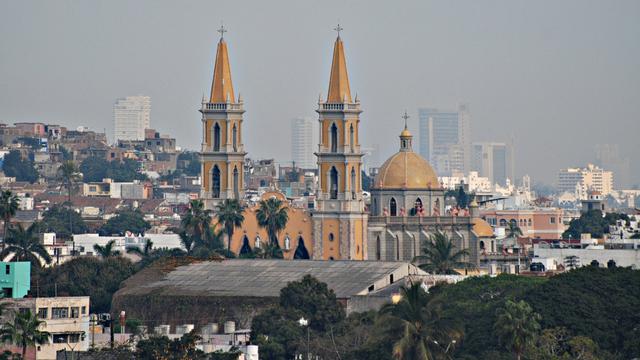“Seek the peace of the city whither I have caused you to be carried away captives, and pray unto the Lord for it: for in the peace thereof shall ye have peace.” — Jeremiah[1]
Drive through any city and you’ll see steeples or domes aspiring in the skyline. These houses of worship have a way of both standing out and fitting in. Businesses, town halls and residents join them as neighbors. Children walk by them on their way to school. Yet come Sunday morning, a different purpose emerges. The spiritual ideal of a church spreads beyond the spires where few notice the homeless shelters, hospitals and soup kitchens. Like the religious people that run them, the difference they make is felt more than seen.

Religion is often the first caretaker and teacher in a person’s life. Who but a church walks every step of the way to welcome a child into the world, impart principles of right and wrong, nurture social obligation, solemnize intimate relationships, make meaning of death, and perpetuate a communal ethos to the next generation? One leader of philanthropy said of her Mormon religion: “You cannot be a member of this Church very long without learning leadership, public speaking, decision making, persuasive discussion, budgeting, nutrition, influence, watch-care, going into somebody’s house, literacy, research, resource development, gardening, food preservation, immunizations — it just goes on and on.”[2]
Multiply this by even a small percentage of believers, and the influence for good steadily compounds.
The root word civ fills our political language. Civilization, civic, civility, civilian, civil rights — they all point to how we treat one another in building a common enterprise. It’s a matter of culture more than law, duty more than demand. And because human beings are social and religious by nature, a healthy polity accommodates both capacities. Society and church, along with all their extending values and services, often overlap.
Building a civil society starts in the heart and grows outward. Edmund Burke said it well: “To be attached to the subdivision, to love the little platoon we belong to in society, is the first principle of public affections.”[3] If we don’t love our neighborhoods, he reasoned, we cannot love the world.
But don’t forget the “other.” One of the great tests of a civil society is to include the unpopular, the disenfranchised, those who look or act differently. This inclusive approach requires hard work; only respectful dialogue and constructive conversations can realize the common good. The alternative to civil society is atomization, where people drift into islands of their own interests and concerns. That route is too easy. The call of civilization is to engage, not buffer.
Society is knit together with strands too diverse for any one entity to manage. It takes a multitude of associations to care for a multitude. But churches bring people together in ways no other organization can. They are close to the people they serve and foster committed relationships. If cities had trenches, where the campaign for human dignity is waged, they would look a lot like churches.
The unsung work of society gets done by countless people acting voluntarily to solve a problem. And like those spires in the skyline, mixed with skyscrapers and capitols, every person has a role to play, a talent to lend and a place to belong.